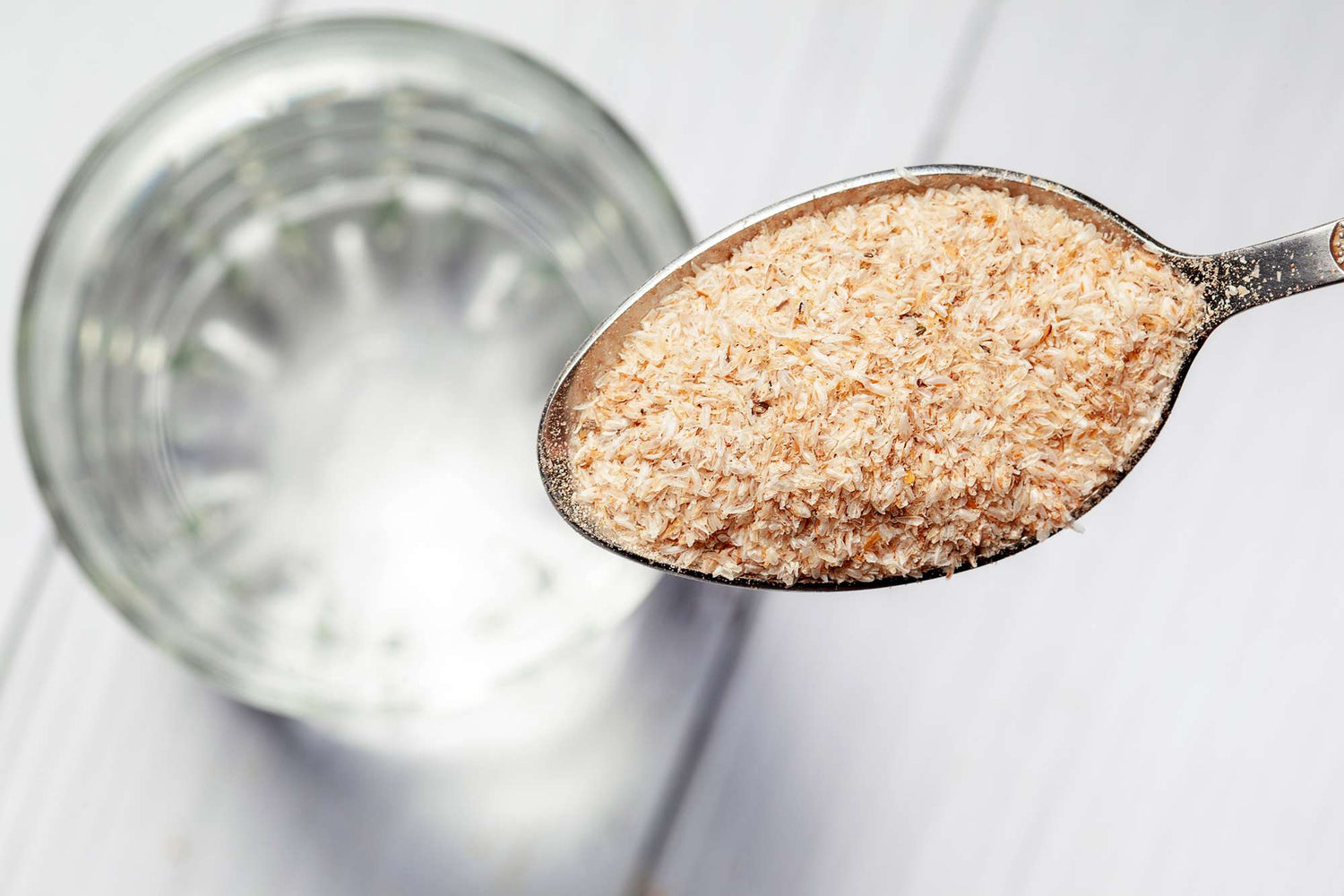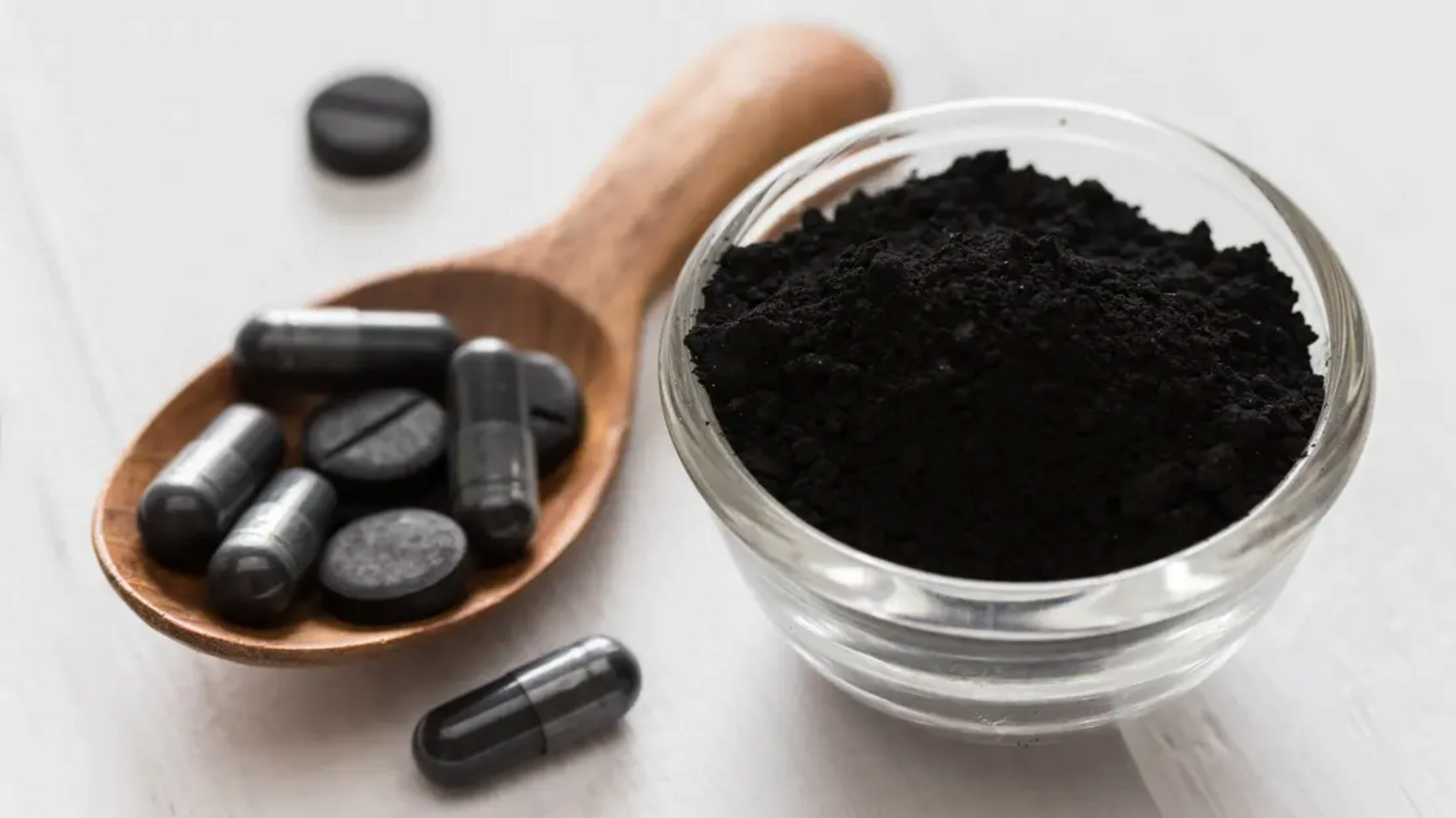What is Slippery Elm Bark?
Slippery elm bark, derived from the Ulmus rubra tree, is a traditional herbal remedy known for its soothing and protective effects on the digestive and respiratory systems. It has been used for centuries in Native American medicine and later became a popular ingredient in gut health and throat-soothing formulations. The inner bark of the tree contains mucilage, a gel-like substance that becomes slippery when mixed with water, making it beneficial for coating and protecting irritated tissues.
How Slippery Elm Bark Works in the Body
The mucilage in slippery elm bark forms a protective layer when it comes into contact with moisture. This coating action can help soothe the lining of the digestive tract, making it a common ingredient in gut health and digestive support supplements. It is often used to ease discomfort associated with acid reflux, indigestion, or an irritated throat. In addition to its soothing properties, slippery elm bark contains antioxidants and nutrients that support tissue repair and overall well-being.
Where is Slippery Elm Bark Found?
Slippery elm is native to North America, particularly in the eastern United States and Canada. The inner bark is harvested and dried before being processed into powder, capsules, lozenges, and herbal teas. It is commonly included in digestive health formulations, often combined with marshmallow root, liquorice root, or probiotics to enhance its gut-supporting properties. Some formulations use it as a natural throat soother in lozenges and syrups.
Potential Effects of Supplementation
Many individuals take slippery elm bark to support digestive comfort, ease acid reflux, and promote gut lining health. It is frequently used in herbal teas and natural remedies to help with soothing an irritated throat or calming digestive discomfort. Some people incorporate it into their daily wellness routine, while others take it as needed for occasional digestive or respiratory support. Individual responses may vary depending on dosage, overall diet, and digestive health.
Final Thoughts
Slippery elm bark is a well-known herbal remedy valued for its soothing and protective effects on the digestive and respiratory systems. Its mucilage content helps to coat and protect irritated tissues, making it a popular choice for gut health and throat comfort formulations. As with any herbal supplement, individual experiences may vary, and those considering its use should assess how it aligns with their digestive and respiratory wellness goals. Whether taken alone or as part of a comprehensive gut or throat support blend, slippery elm bark remains a widely recognised and traditionally used herbal remedy.









